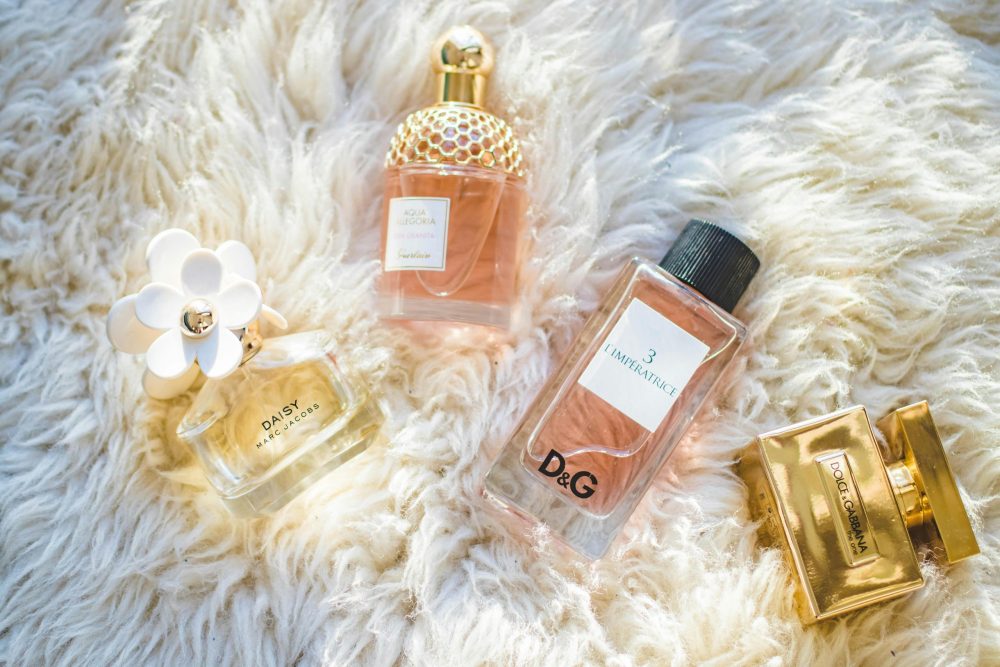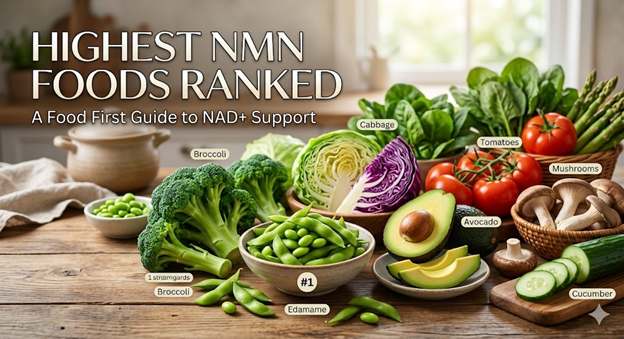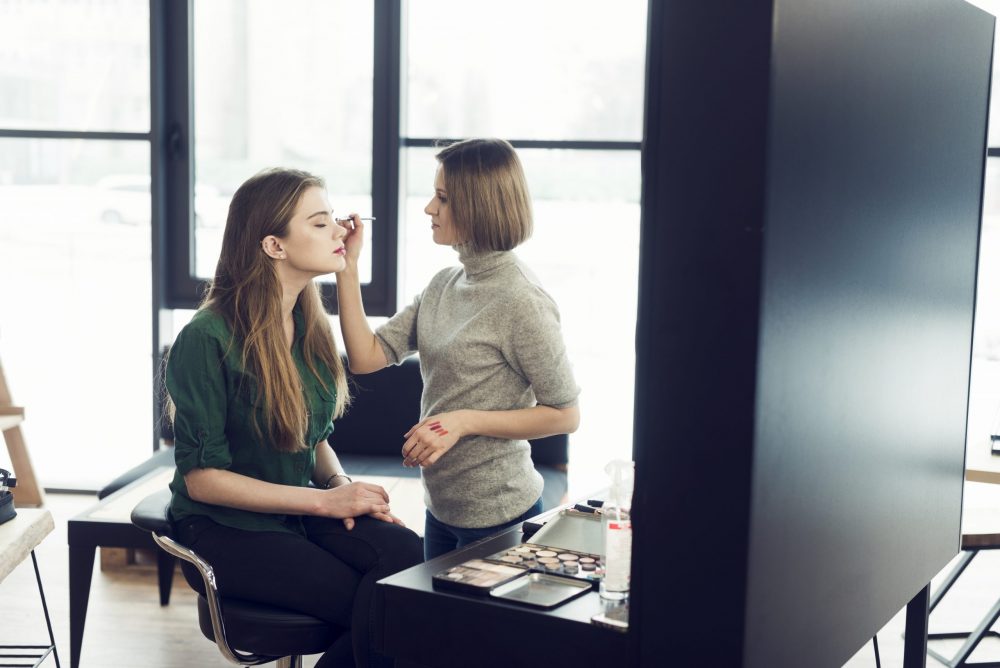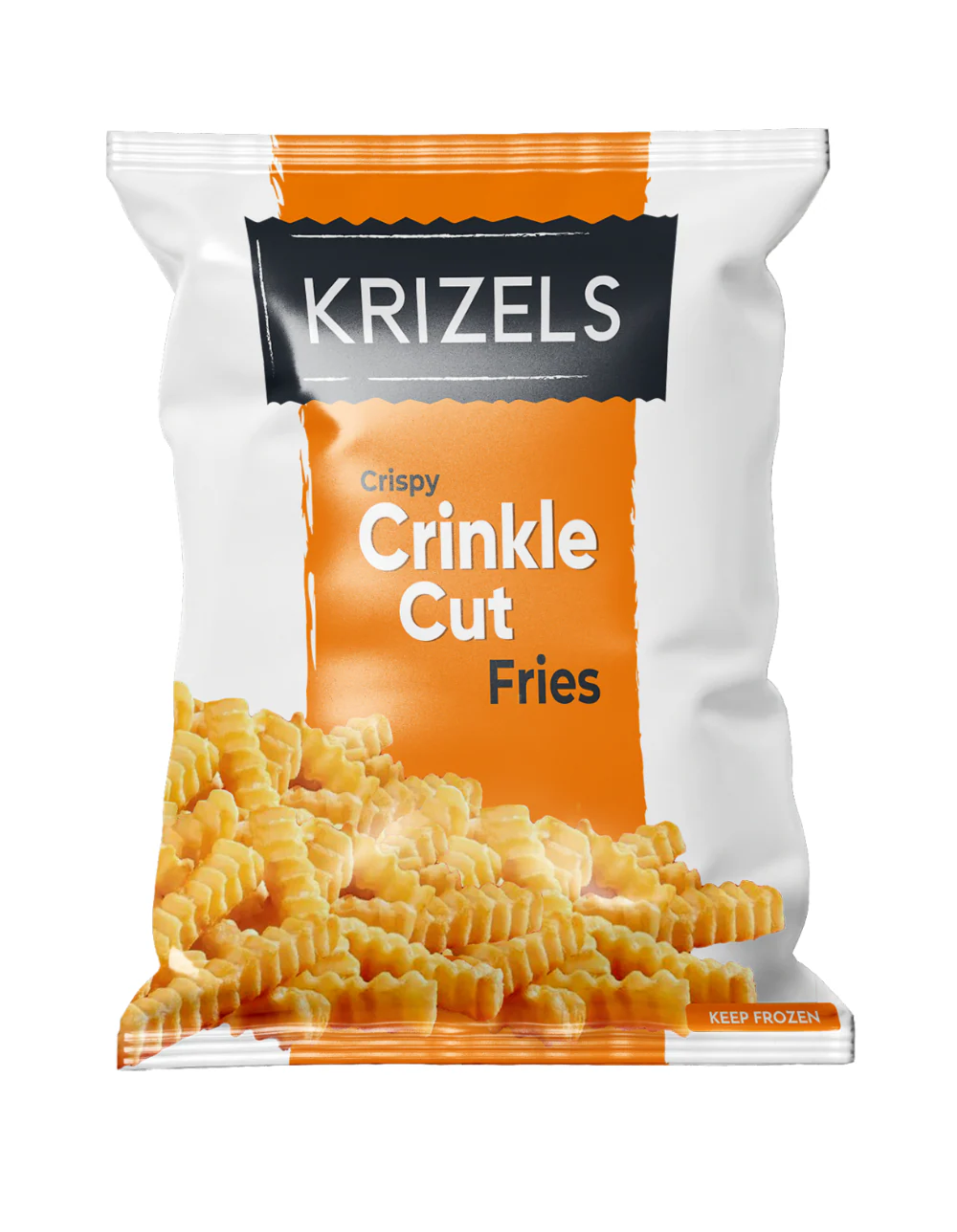
I recall the very first scent that I adored. I must have been 9 or 10 years old. It was my aunt’s scent, and I would sneak into her room soundlessly and spritz the faintest whiff on my wrist when she was away. I had no idea what it was. I simply knew it made me feel grown-up. Safe. As if I was enveloped in soft, intangible magic.
Years down the line, I discovered it was a mix of rose and musk. One of them is natural. One of them manmade.
Funny how things get lodged in your brain.
Now that I spend every day working with fragrance at Scenta Flora, I have a different sense of appreciation for how much attention to detail and artistry is involved with each small bottle. People will ask:
“Do I need to use all-natural perfume?”
“Are synthetics going to hurt me?”
“Is this real or fake?”
Let’s talk. Not like scientists. Not like marketers. Just like people who are interested in what’s on our skin, and what kind of scent trails behind us for life.
The Truth About “Natural”
We all adore nature. It makes us think of things being pure, unadulterated, near the soil. Lavender fields at sunrise. Jasmine at sunset. A lemon tree in the garden. And sure, natural ingredients are potent. They’re gorgeous. Some of the greatest perfumes of all time were built on actual flower petals, tree resin, or citrus rinds.
Rose oil, for instance, is a full-on classic. It’s sensual, tender, and feminine. You’d be surprised to know, though, that it’s almost 10,000 roses that it takes to extract a couple milliliters of that oil. It’s a labor of love—and it’s worth an arm and a leg. Not in money, at least, but in time, water, land, and labor.
The same goes for Jasmine. Smells heavenly. But it’s an evening bloom, so it’s picked at dusk, in the dark, by hand, in the case of most by women from far-off villages.
And sandalwood? Stunning. Lush. Woody. Calming. But over-picking has reduced wild sandalwood to near extinction in some areas. So much so that the world intervened and regulated it.
So yes, nature is lovely. But it has complications. With expense. With ecological issues. And occasionally, inconsistency happens. Nature’s not a machine—fragrances can change seasonally, climatically, soil conditionally, and geographically.
The Case for Synthetic — And Why It’s Not the Enemy
Let’s settle something once and for all: synthetic does not equal cheap, toxic, fake. It simply equals what is made in a lab.
Now you understand what you might be thinking.
“I don’t want perfume created in the lab.”
But listen.
First, most synthetics come from nature. Scientists identify the molecules that allow a rose to smell like a rose or vanilla to smell like a hug—and replicate them without requiring acres of crops or forests of trees.
Second, synthetics enable. You’re familiar with that “fresh laundry” smell everyone adores? That smell of fresh cotton, warm-body radiance? That does not occur naturally. You can’t press the “fresh laundry” flower and extract oil from it. That is synthetic. And wonderful.
And let’s be realistic here—some natural ingredients are not safe. There are some essential oils that are irritating to your skin, allergenic, or give a bad response to the sun. Synthetics, on the other hand, are created to be stable, safe, consistent, and long-lasting.
And then there’s the animal component. You remember musk? Back in the day, it was from deer glands. Honest-to-goodness ones, y’all. Nowadays? We’ve got nice, cruelty-free synthetic musk that’s sweeter and doesn’t hurt anything with a pulse.
So no, synthetics isn’t the bad guy in your perfume tale. They’re the unsung heroes in many of your favorite scents.
It’s Not This OR That — It’s Both
Here’s the truth nobody yells loud enough:
Perfumery nowadays isn’t warfare between nature and synthetic. It’s a synergy.
Imagine a musical band playing. Naturals are the emotional instruments — the violin, the acoustic guitar. They add heart and texture. Synthetics are the digital aspect — the beat, the echo, the crisp end. And they become unforgettable songs together.
Several of those fragrances employ a natural floral foundation and overlay with synthetics to extend it. Some employ synthetics to duplicate vulnerable scents without destroying ecosystems. It’s not cheating — it’s clever. It’s moral.
Here at Scenta Flora, we do exactly that. We keep things balanced. We play no favorites. We’re a business about creating fragrances that propel you forward — that transport you somewhere, create some feeling, or suggest a recollection of who you are.
So, What About Fragrance Oils?
Let’s discuss for a minute about a word you may have heard a great deal of lately: fragrance oils. They’re highly concentrated mixtures of scents materials (yes, natural and synthetic) designed to be longer-lasting and gentler on the skin.
Compared to perfumes that contain alcohol, fragrance oils don’t dry out so fast. What that means is that they remain near your skin, slowly releasing their fragrance over the period of the day. That’s why we adore them. That’s why we put them on. And that’s why customers who experience them return time and again.
They’re adaptable. They’re customized. And they’re gentle on sensitive noses.
Let’s Clear the Air: Straight Talk about Perfume Myths
Let’s get it real. There are too many myths out there. Let’s cut through it:
Myth: “If it’s natural, it must be safe.”
Reality: Some natural oils can burn your skin, mess with your hormones, or trigger allergic reactions.
Myth: “Synthetic = toxic.”
Reality: Tighter testing is conducted with more synthetics than natural. They’re made in clean rooms, by strict standards. Some of the “safest” perfumes you’ve ever worn were largely synthetic.
Myth: “Only natural resources are luxurious.”
Reality: Chanel No. 5? Virtually all man-made. Tom Ford? Blend. Dior? Ditto. The magic isn’t as if it was grown in a field. The magic is in the way it perfumes you.
From the Nose to the Heart
Every fragrance has a story. Perhaps it begins in a garden. Perhaps it begins in a laboratory. Where does it end, though? The same place — you.
You wear something because it reminds you of someone. Because it leaves you feeling clean, sexy, powerful, relaxed. Perfume is not labeled. It’s power. Memory. Mood.
Ask yourself:
Do I love how these smells on me?
Does it evoke something in me?
That’s what matters.
Not the marketing brochure. Not the “100% natural” sticker. Not even the price sticker.
A Word on Sustainability (Because It Matters)
Now, the beauty world isn’t angels when it comes to sustainability. But we’re trying. And let’s be real, working with synthetics — if chosen correctly — can be a big help.
Why?
Because it means we’re not harvesting rare flowers too much. We’re not felling trees for resin. We’re not using unstable crops that get destroyed by the weather. We’re keeping things steady, scalable, and respectful to the planet.
We filter everything at Scenta Flora — from where our jasmine oil comes from to who makes our soft musk. We partner with people who care about the earth. Because we do, too.
Last Words — From Us to You
This isn’t about telling you what to wear. This is about letting you know what you’re wearing. This is about pulling back the curtain and revealing to you that true beauty — true fragrance — is a combination of art, science, and soul.
Natural notes add depth and heritage. Synthetic notes add innovation and longevity. And together? They create the type of fragrance that can bring a man to his knees. Or recall a memory from 10 years previous. Or simply make you feel your absolute best, most authentic self.
And at the end of the day, that is why we’re here.
To make you smell like you.
So, go ahead. Spritz, dab, roll, swipe. Just ensure what you apply makes you alive.







